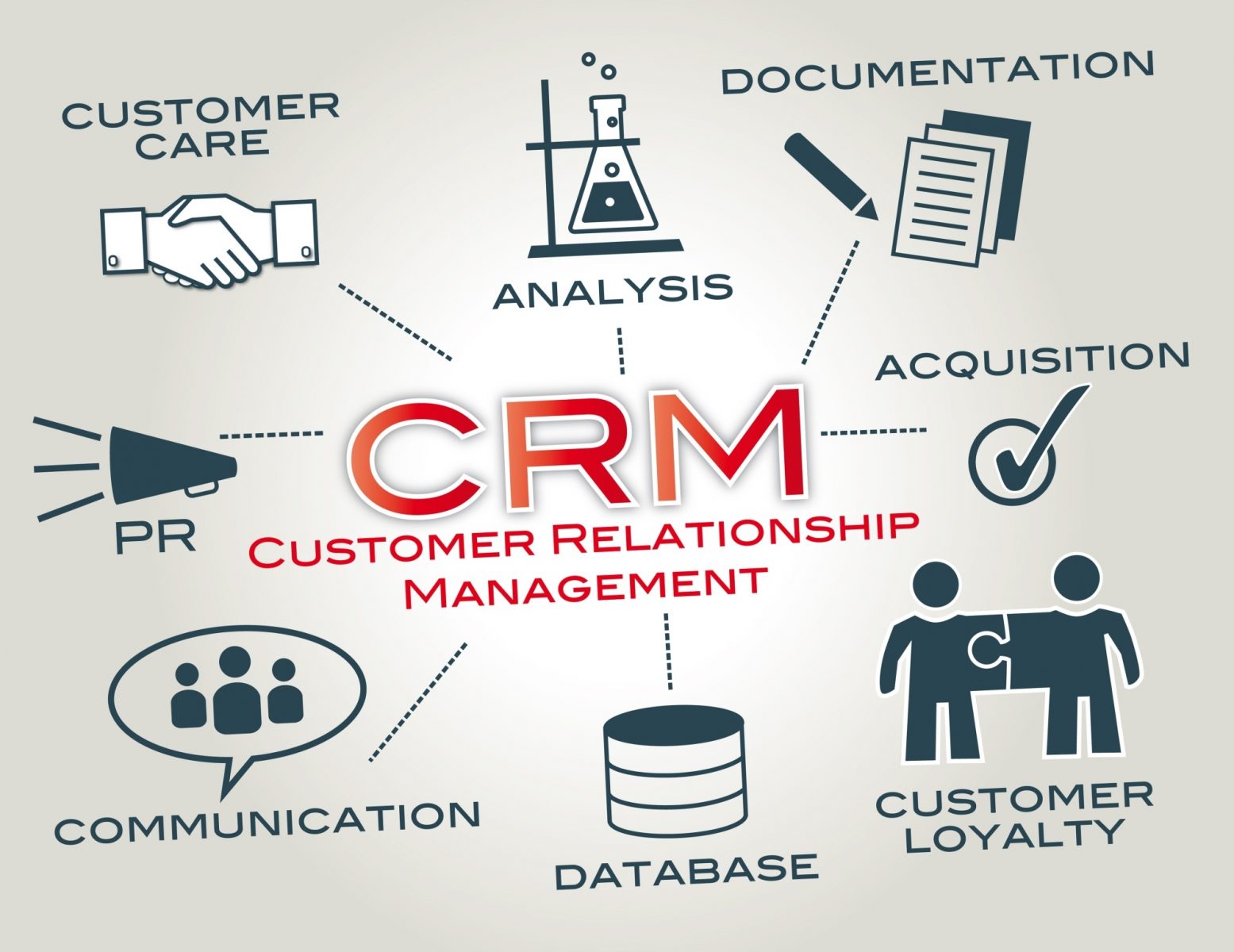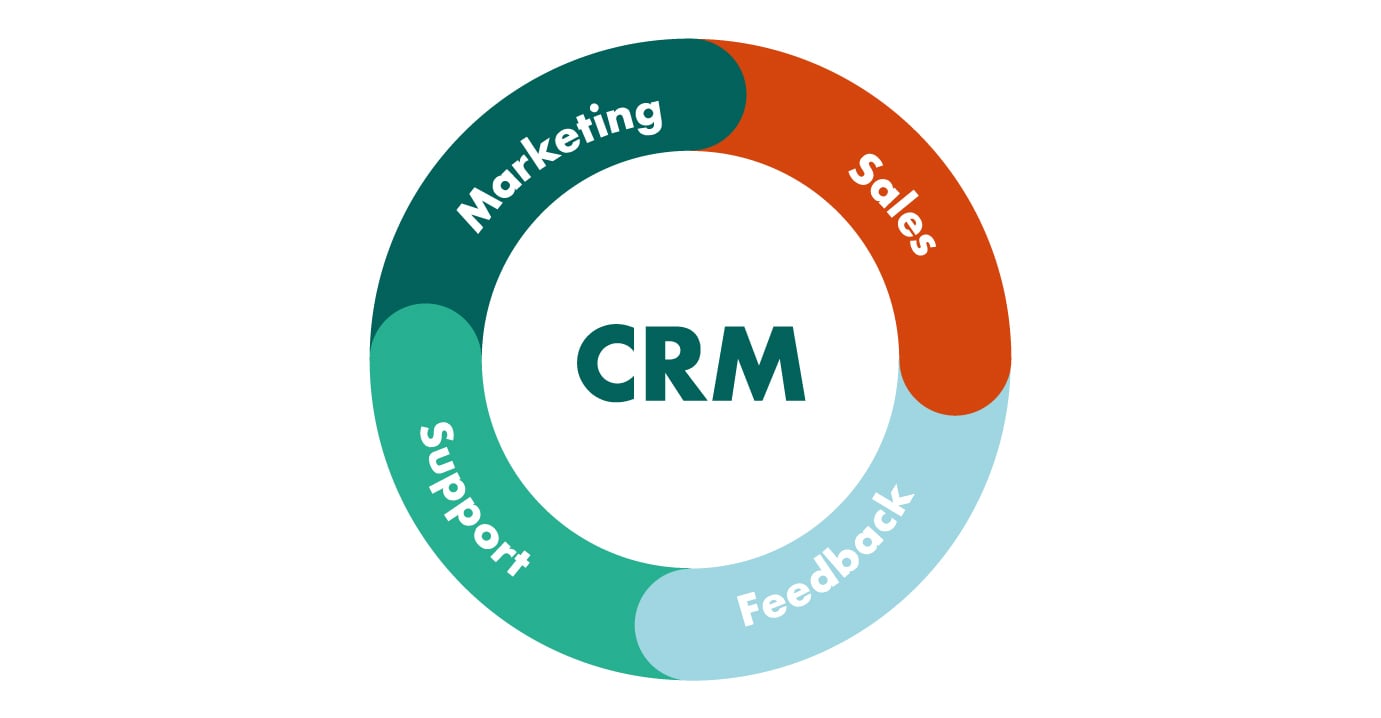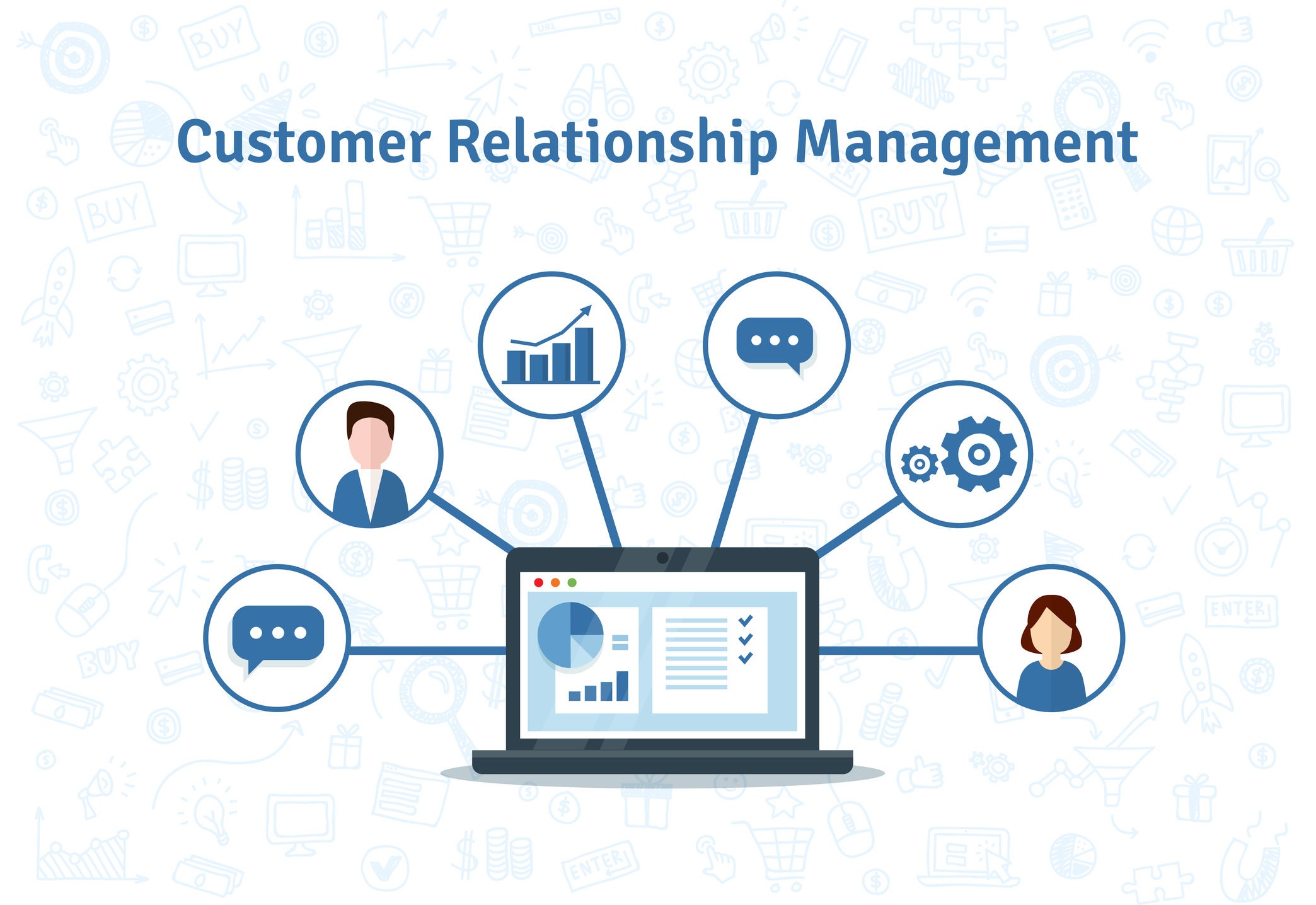Business CRM, a powerful tool for businesses of all sizes, empowers organizations to nurture customer relationships, streamline operations, and drive growth. By leveraging the capabilities of CRM systems, businesses can gain a comprehensive understanding of their customers’ needs, preferences, and behaviors, enabling them to deliver personalized experiences that foster loyalty and increase revenue.
The implementation of a business CRM system offers a multitude of benefits, including improved customer satisfaction, increased sales, enhanced productivity, and a positive return on investment. With the continuous evolution of CRM technology, businesses can harness the power of artificial intelligence and machine learning to gain deeper insights into customer behavior and tailor their strategies accordingly, shaping the future of customer engagement and driving business success.
Customer Relationship Management (CRM) Fundamentals: Business Crm

Customer Relationship Management (CRM) is a business strategy that focuses on building and maintaining strong relationships with customers. It involves managing all aspects of customer interactions, from marketing and sales to customer service and support.
The goals of CRM are to:
- Increase customer satisfaction
- Improve customer retention
- Increase sales and profitability
There are many different types of CRM systems available, each with its own strengths and weaknesses. Some of the most common types of CRM systems include:
- Operational CRM
- Analytical CRM
- Collaborative CRM
Businesses use CRM systems to improve customer relationships in a variety of ways. For example, CRM systems can be used to:
- Track customer interactions
- Manage customer data
- Automate marketing and sales processes
- Provide customer service and support
CRM systems can help businesses of all sizes improve their customer relationships and achieve their business goals.
Key Features of a Business CRM

A business CRM (Customer Relationship Management) system serves as the central hub for managing customer interactions and data. It streamlines communication, automates tasks, and provides valuable insights to enhance customer relationships and drive business growth. Here are the essential features of a business CRM:
Contact Management
- Store and organize customer information, including names, contact details, and demographics.
- Track customer interactions, such as phone calls, emails, and social media interactions.
- Create and manage customer profiles to understand their preferences and behavior.
Sales Management
- Manage the sales pipeline and track opportunities.
- Automate sales processes, such as lead generation, lead qualification, and deal closing.
- Provide sales forecasts and insights to improve sales performance.
Marketing Automation
- Create and manage marketing campaigns across multiple channels.
- Automate marketing tasks, such as email marketing, social media campaigns, and content creation.
- Track marketing campaign performance and measure ROI.
Customer Service
- Manage customer inquiries and complaints through multiple channels.
- Provide real-time support and resolve customer issues efficiently.
- Track customer satisfaction and identify areas for improvement.
Reporting and Analytics
- Generate reports and dashboards to track key metrics and identify trends.
- Analyze customer behavior and identify opportunities for improvement.
- Provide insights to make data-driven decisions and improve business performance.
Integration and Customization
- Integrate with other business systems, such as ERP, accounting, and email marketing.
- Customize the CRM system to fit specific business needs and workflows.
- Extend the functionality of the CRM system through plugins and third-party integrations.
The choice of CRM system depends on the specific requirements of a business. Factors to consider include the size of the business, the industry, the number of customers, and the budget. It is essential to carefully evaluate different CRM systems and select the one that best aligns with the business’s goals and objectives.
Benefits of Using a CRM System
Implementing a CRM system offers numerous advantages for businesses, leading to improved customer satisfaction, increased sales, enhanced productivity, and a substantial return on investment.
A CRM system provides a centralized platform that integrates all customer interactions and data, enabling businesses to gain a comprehensive view of their customers and tailor their strategies accordingly.
Improved Customer Satisfaction
- Streamlined communication and faster response times enhance customer experiences.
- Personalized interactions based on customer history and preferences foster stronger relationships.
- Proactive outreach and support reduce customer churn and increase loyalty.
Increased Sales
- Improved lead management and tracking increase conversion rates.
- Automated sales processes and workflows enhance efficiency and productivity.
- Cross-selling and up-selling opportunities are identified and maximized.
Enhanced Productivity
- Centralized data and automated tasks reduce manual work and save time.
- Improved collaboration between teams streamlines operations and boosts efficiency.
- Real-time insights and analytics empower data-driven decision-making.
Return on Investment (ROI)
- Reduced operational costs and increased efficiency contribute to a positive ROI.
- Increased sales and improved customer retention generate additional revenue.
- Enhanced customer loyalty and brand reputation lead to long-term profitability.
Challenges of CRM Implementation

Implementing a CRM system can be a complex and challenging process for businesses. Some common hurdles include:
- Data integration:Integrating data from multiple sources into a CRM system can be complex and time-consuming.
- User adoption:Getting users to adopt and use the CRM system consistently can be difficult, especially if they are not properly trained or motivated.
- Ongoing maintenance:CRM systems require ongoing maintenance and updates to ensure they are functioning properly and meeting the needs of the business.
Overcoming Challenges
Overcoming these challenges requires a strategic approach. Here are some strategies:
- Data integration:Use a data integration tool or service to automate the process of integrating data from multiple sources.
- User adoption:Provide training and support to users, and make sure they understand the benefits of using the CRM system.
- Ongoing maintenance:Establish a regular maintenance schedule and partner with a vendor or consultant to provide ongoing support.
Case Studies
Many businesses have successfully overcome CRM implementation hurdles. Here are two case studies:
- Company A:A large manufacturing company successfully implemented a CRM system by using a data integration tool to automate the process of integrating data from multiple sources.
- Company B:A small retail company successfully implemented a CRM system by providing extensive training and support to users, and by making sure they understood the benefits of using the system.
By following these strategies, businesses can overcome the challenges of CRM implementation and achieve the benefits that a CRM system can offer.
Trends and Future of CRM

The future of CRM is bright, with a number of emerging technologies set to shape its development. Artificial intelligence (AI) and machine learning (ML) are two of the most important, and they are already being used to automate tasks, improve customer segmentation, and provide personalized recommendations.
In the future, AI and ML will become even more sophisticated, and they will be used to create even more powerful CRM systems. These systems will be able to learn from customer data and interactions to provide insights that can help businesses improve their marketing, sales, and customer service efforts.
AI-powered chatbots, Business crm
AI-powered chatbots are becoming increasingly popular as a way to provide customer service. These chatbots can be used to answer questions, resolve issues, and even schedule appointments. They are a convenient and efficient way for businesses to provide support to their customers, and they can help to reduce the cost of customer service.
Predictive analytics
Predictive analytics is a technique that uses data to predict future events. This technology can be used to identify customers who are at risk of churning, and it can also be used to predict customer demand. Predictive analytics can help businesses to make better decisions about their marketing and sales efforts, and it can help them to improve their customer retention rates.
Personalized recommendations
Personalized recommendations are a way to provide customers with content and products that are tailored to their individual needs. This technology can be used to improve the customer experience, and it can also help businesses to increase their sales. Personalized recommendations can be generated using a variety of data sources, including customer demographics, purchase history, and website behavior.
End of Discussion
In conclusion, business CRM has emerged as an indispensable tool for businesses seeking to strengthen customer relationships, optimize operations, and drive growth. By embracing the latest trends and advancements in CRM technology, businesses can stay ahead of the curve and create a seamless and personalized customer experience that fosters loyalty and propels their business forward.